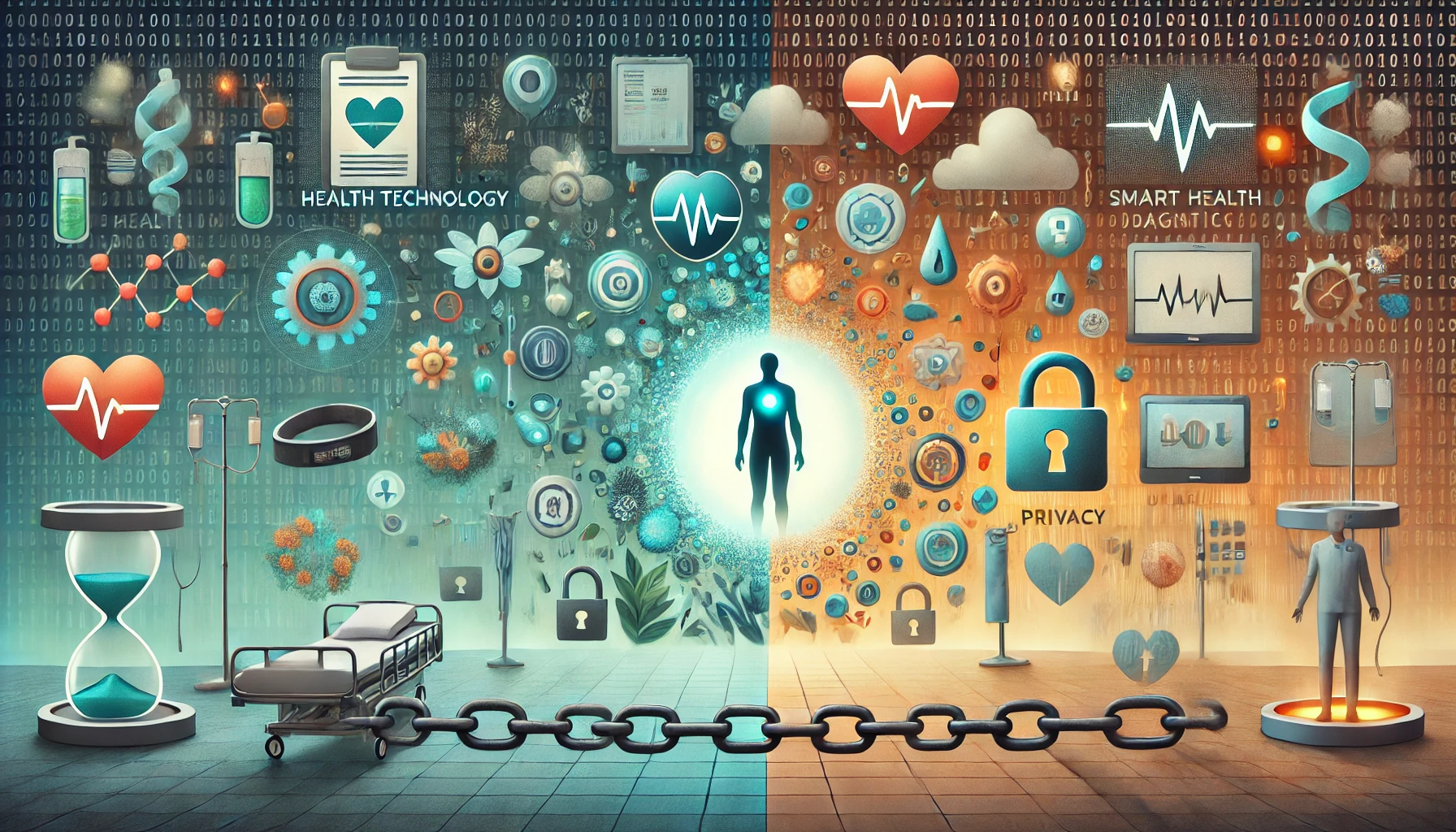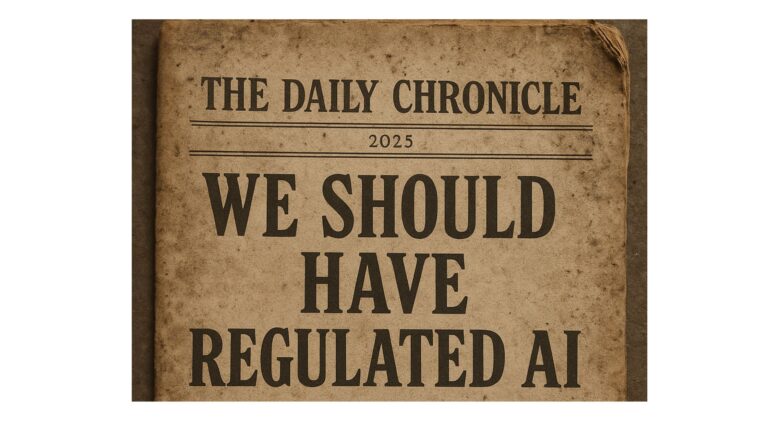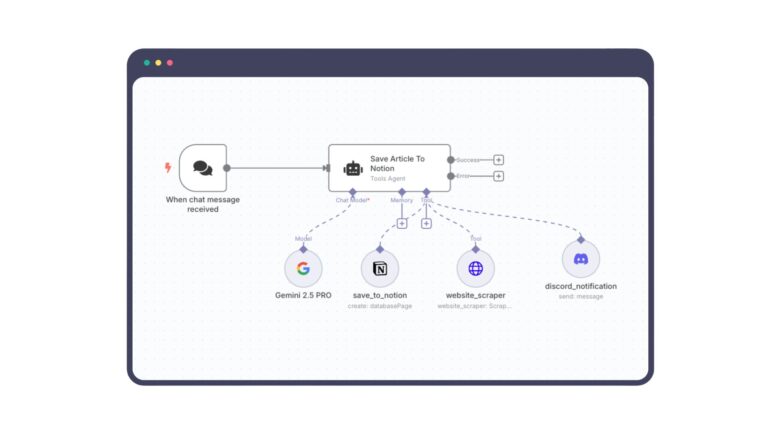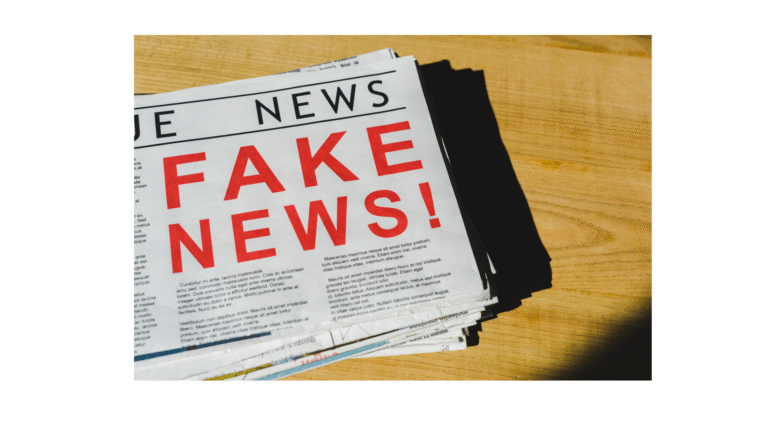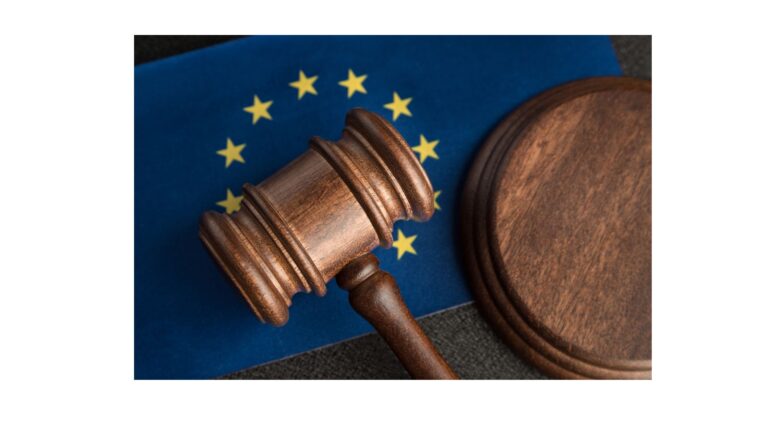Introduction
The ethical obligation to maintain patient confidentiality dates back to ancient Greece. Physicians swore to uphold secrecy about patient conditions, establishing the foundation of trust between patient and caregiver. In the 20th century, the importance of medical data privacy grew with advancements in healthcare and the rise of electronic record-keeping. The U.S. recognized this need with laws like the Privacy Act of 1974, which safeguarded personal data stored by federal agencies, including health information.
Health tech is reshaping healthcare delivery, offering innovations such as AI-assisted diagnostics, wearable health monitors, and telemedicine platforms. These technologies enhance convenience and outcomes but come with significant challenges in protecting patient data. In this article, we’ll explore why data privacy is essential in health tech, the unique challenges it faces, and what’s at stake for companies in this rapidly evolving industry.
Why Data Privacy Matters in Health Tech
Explosion of Data Collection
Health tech platforms generate and collect data from various sources, Wearable devices like Fitbit and Apple Watch track heart rates, sleep patterns, and even blood oxygen levels. In Telemedicine video consultations involve patient discussions and exchange of records, requiring secure platforms. Also, AI Diagnostics and Machine learning algorithms analyze vast datasets to detect patterns and provide predictions. In an example, A fitness app, Strava, inadvertently revealed sensitive military base locations in 2018 by mapping user activity data shared publicly. (Wikipedia)
Sensitivity of Health Data
Health data includes highly personal information, such as medical conditions, genetic predispositions, and treatment histories. A breach of this data can have severe consequences beyond financial loss, including harm to individuals’ privacy and dignity. For instance, In 2021, a Finnish psychotherapy center, Vastaamo, was breached, exposing sensitive therapy session notes. Attackers demanded ransom from both the organization and individual patients, causing widespread distress and reputational damage to the provider.(Wikipedia)
Regulatory Push for Accountability
Governments worldwide are introducing stricter laws, holding health tech providers accountable for data mishandling. In a recent case, Under GDPR the brand H&M was fined €35.3 million in 2020 for unlawfully monitoring employees’ personal health information. (EDBP)
Key Challenges in the Health Tech Space
Balancing Interoperability and Privacy
To improve care, Healthcare systems rely on interoperability to enable seamless data sharing among hospitals, clinics, health tech platforms, and insurers. However, this interconnectedness increases the risk of data breaches. The challenges include sharing data across systems with varying levels of security can lead to exposure points. For example, integrating electronic health records (EHRs) with wearable health apps might introduce vulnerabilities if the latter lacks robust encryption. In the 2020 breach of the UK’s NHS Test and Trace system revealed flaws in data-sharing protocols. Personal data of individuals was accessed due to insufficient safeguards during integration with third-party systems.
Emerging Technologies and Ethical Concerns
AI and machine learning thrive on data, AI models require vast datasets to identify patterns, predict diagnoses, and personalize treatments. However, the use of patient data for training and analysis raises ethical concerns about consent, transparency, and anonymization. Ensuring that patient data used in AI models is properly anonymized to prevent re-identification while retaining utility for analysis. In the case of DeepMind partnership with the UK’s NHS to create a kidney disease detection tool, the project came under scrutiny when it was revealed that patient data was used without explicit consent, resulting in a violation of UK privacy laws.
Global Operations and Cross-Border Compliance
Health tech companies often operate across jurisdictions, each with its privacy requirements.Ensuring compliance in all regions is a major challenge. Contradictory regulations, such as HIPAA in the U.S. requiring strict controls versus GDPR’s provisions for data portability, make compliance difficult. In 2020, a U.S.-based telemedicine platform faced fines under GDPR for transferring EU patient data to U.S. servers without adequate safeguards.
Cybersecurity Threats
The healthcare sector is a prime target for cyberattacks, including ransomware and phishing campaigns, due to the high value of medical data. In 2023, hackers targeted a U.S. hospital group, leaking over 3 million patient records, including diagnoses and treatment plans, after a ransomware attack.
Managing Data Ownership and Patient Consent
Health tech innovations often blur the lines of data ownership. Patients, providers, and platforms all claim rights to data, complicating consent processes. Defining who owns the data and ensuring patients understand how their data will be used can be challenging. In 2015, 23andMe faced backlash when customers realized their genetic data was being sold for research purposes, despite being anonymized.
Legacy Systems in Healthcare Infrastructure
Many healthcare organizations still rely on outdated systems that lack modern security features, creating vulnerabilities. Integrating advanced health tech solutions with legacy systems often results in compatibility issues and security gaps. The 2017 WannaCry ransomware attack targeted legacy systems in the NHS, crippling operations and exposing the risks of outdated technology.
Real-World Impacts of Poor Data Privacy Practices
The Reputational Damage, A 2022 survey found that 81% of patients are unlikely to trust healthcare providers that fail to secure their data. Following a data breach in 2020, a prominent telehealth provider saw a 30% decline in user subscriptions. In terms of Legal and Financial Consequences, fines under GDPR, HIPAA, and similar laws can cripple businesses. Anthem Inc. agreed to pay $16 million for a 2015 breach that exposed the data of nearly 80 million individuals, the largest HIPAA settlement to date. Lastly the Operational Disruptions caused by Breaches can halt service delivery, endangering patient lives. The WannaCry ransomware attack in 2017 disrupted NHS operations across the UK, delaying surgeries and affecting patient care.
